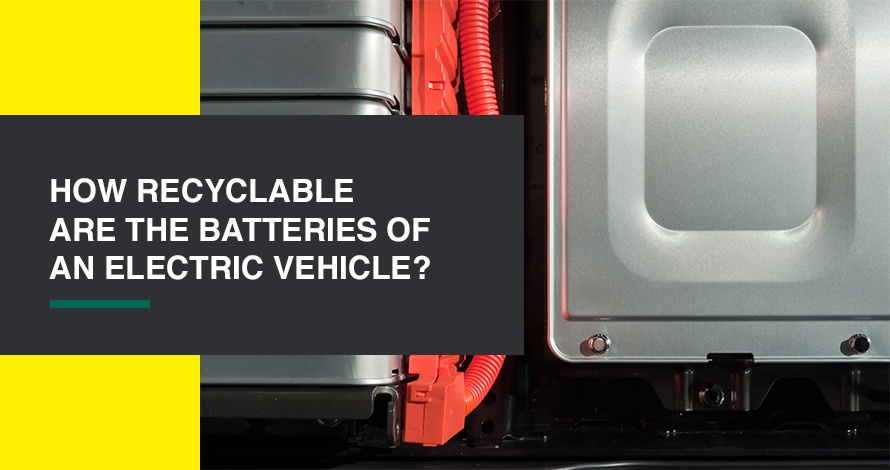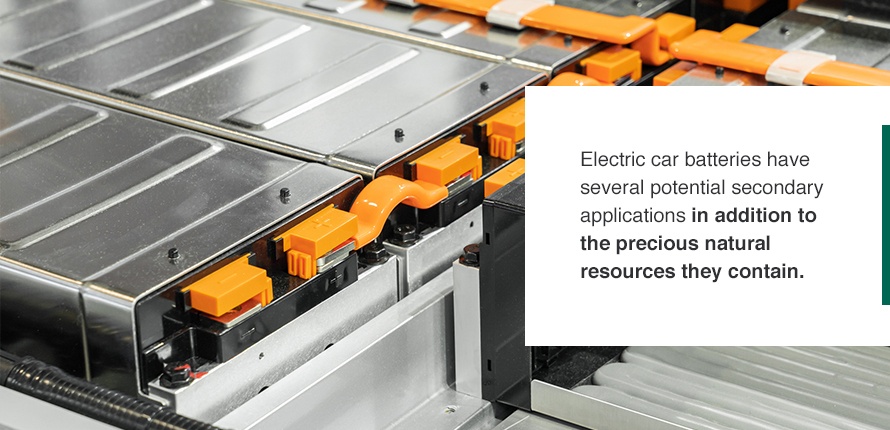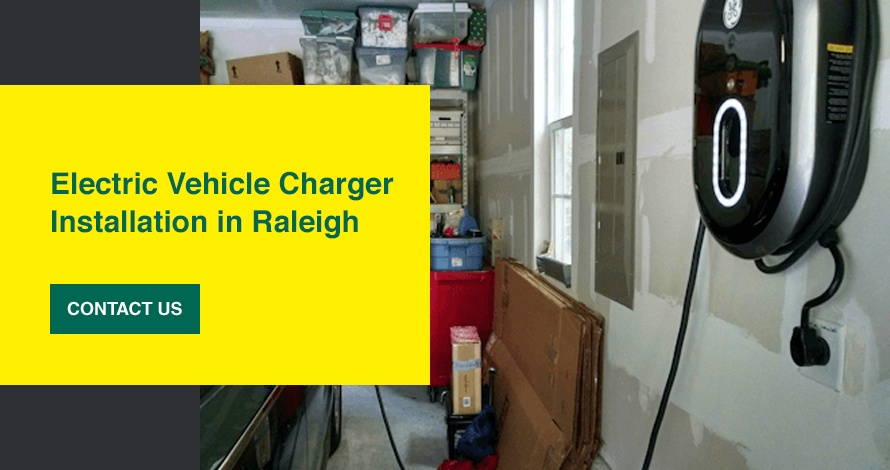
Electric vehicles are popular for many reasons, in part because of their reduced carbon footprint. They reduce greenhouse gas emissions, improve air quality and help consumers spend less money on refueling. Though electric vehicles are becoming popular for good reason, their batteries present a resource recovery and disposal issue.
Once electric car batteries are spent, proper disposal is vital for environmental and safety purposes. Landfilling or stockpiling batteries is not an adequate or sustainable solution. Instead, batteries should be recycled or repurposed to extend their life cycles. Reusing or recycling lithium-ion batteries contributes to a healthier, cleaner environment.
How Long Do Electric Car Batteries Last?
It’s important to realize electric vehicle batteries have limited life spans. An electric vehicle’s lithium-ion batteries last an average of 10 years to 15 years, depending on the frequency of use and applications. In large vehicles, including buses and vans, the life span is shorter.
Several factors contribute to the degradation rate, including temperature and charge patterns. Degradation can be non-uniform and result in imbalance. Mechanical stress also plays an important role in the electric vehicle battery’s life span. Here are a few ways to extend an electric car battery’s life span:
- Minimize exposure to extreme temperatures: Exposure to both extreme heat and extreme cold can damage an electric car’s battery. It’s best to park an electric car in the shade on hot days and plug the vehicle in when temperatures drop low.
- Minimize 100% or 0% charge: Leaving the vehicle plugged in all night long is not advisable. Strategic partial charges extend battery life. Damage can also occur if a vehicle sits at 0% charge for an extended period of time.
How Do You Dispose of an Electric Car Battery?
Near the end of an electric car battery’s life, drivers notice fewer miles of driving per charge and more frequent plug-ins. When decreased performance necessitates a new battery, drivers should be mindful. It’s crucial to consider the environmental impacts of improper disposal. Batteries should be either recycled or repurposed. They contain toxic chemicals, which make landfill disposal and stockpiling unsafe. Recycling and repurposing methods are still under development, with promising results. Which method is best is still up for debate.
What Is the Environmental Impact of Electric Car Batteries?
Though electric cars help reduce carbon footprints and keep human-inhabited spaces safer, their batteries present some issues. Sourcing the raw materials needed to create lithium-ion batteries can cause substantial carbon emissions. The long-term security of these materials is questionable as well, as they’re concentrated in specific parts of the world.
Battery disposal is also a major issue. Many electric vehicle batteries end up in landfills or stockpiles. This can contaminate soil and freshwater or cause fires. Experts predict the global stockpile of batteries will exceed 3.4 million by 2025, which presents a serious safety and conservation issue.
Better waste management of these batteries is necessary. More materials should be recovered for reuse and more batteries should be recycled. Recycling lithium-ion batteries is a challenging, sophisticated practice, offering little profit yield at present, so repurposing may be a more viable option. In general, reusing materials is preferable to recycling, as recycling tends to require more manufacturing processes. However, recycling these batteries is a better option than letting them sit in landfills.
Importance of Resource Recovery
Once expired, the batteries still contain precious materials, including lithium, cobalt and nickel. Recovering and repurposing these materials would have exponential positive impacts on the environment and improve these resources’ security. This would help reduce the need to obtain these resources from their natural sources.
Raw material extraction is one of the most significant environmental and political issues involved with creating these vehicles. The raw materials are concentrated in a few countries, so the supply’s security is questionable. For instance, the Democratic Republic of the Congo (DRC) hosts about half of the world’s cobalt reserves. There have been reports of human rights abuse in the DRC mines, and the region is often subject to political unrest. For these reasons, recovering raw materials from existing batteries is essential — this can help manage the disposal dilemma and lessen resource extraction concerns.
Future of Electric Car Battery Recycling

Several technology companies are developing innovative, economical ways to recycle and repurpose these batteries. Any application other than a landfill or a stockpile is desirable. Electric car batteries have several potential secondary applications in addition to the precious natural resources they contain. Employing secondary applications is an example of reusing, while resource extracting is an important form of recycling.
1. New Second-Life Applications Emerging
A battery that needs replacing is not useless. A “spent” battery still has about 70% of its initial capacity left. Many think this potential should not go to waste. These batteries could be used for:
- Home energy storage
- Street lights
- Elevators
- Data centers
- Other applications
These secondary uses could last for about a decade under the right conditions. This could reduce the disposal problem and may have tempting economic incentives. It could also improve safety by offering backup power options for residential grids.
With that said, the longer the battery can be used in the vehicle, the less serviceable it will be for secondary applications. Tesla executives are skeptical about repurposing as they strive to create longer-lasting vehicles. Instead, they support recycling efforts. It’s also important to note the batteries’ somewhat unpredictable degradation, which depends on how heavily they were used, their exposure to different temperatures, how their owners charged them and other factors.
2. New Resource Recovery Emerging
Costs and logistics have limited lithium-ion battery recycling endeavors. Several engineers and technology experts are working towards a solution, while the U.S. Department of Energy (DOE) is offering incentives for their efforts. The company Li-Cycle is developing more efficient and economical ways to recover battery materials. They’ve developed a process that recovers 95% of all lithium-ion battery materials. These technological advancements are promising.
3. Battery Designs Improving
Improving the sustainability of electric car batteries may also require improved initial designs. Batteries with better performance and easier reparability will have longer life spans, requiring fewer disposals. Technology companies are also looking for more reliable ways to diagnose battery health, which would eliminate healthy battery disposal. In addition, designing batteries with reuse in mind would improve the logistics of the battery life cycle.
Electric Vehicle Charger Installation in Raleigh
Electric vehicles offer a solution to natural gas reliance in transportation. Spent battery disposal and resource extraction are issues with emerging solutions. Regardless, electric vehicles are much better for the environment and the consumer, reducing oil dependency.
As electric vehicle popularity continues to grow, drivers need access to convenient charging solutions. For at-home charging, consider Wiretech Company. Our highly qualified technicians will install an electric vehicle charging station in your home. We’re a top Tesla-referred installer, locally owned and operated in the Raleigh area. After installation, we offer a five-year full-service warranty.
To learn more about at-home electric vehicle charging stations, contact Wiretech Company today.

